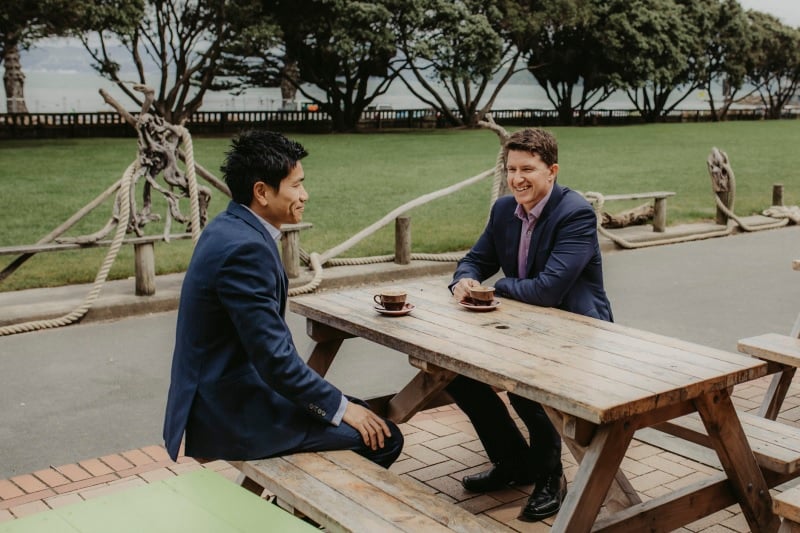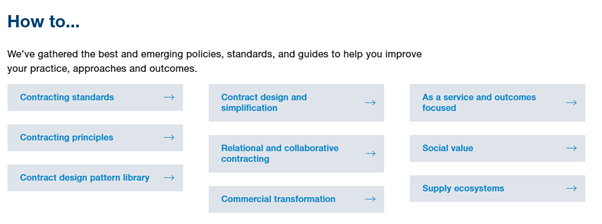
When I’m asked for the best resources to improve overall contracting processes and outcomes, there are two that I can recommend knowing they will provide excellent insights and return on investment.
While particularly relevant for in-house legal teams and contract managers (who can get immediate benefits), they offer significant value to commercial lawyers in law firms who want to understand how they can really add the most value to their clients’ businesses.
Sign Here
The first is a book, Sign Here: The enterprise guide to closing contracts quickly, by Alex Hamilton. This book is full of practical guidance from someone who has been in the trenches – actually doing rather than theorising – and practising what he preaches for many years. It’s only 141 pages in length and written in a very easy to read style, so if you’re looking for somewhere to start and for an overall roadmap to follow, this is it.
There is a second edition due out soon, which will deal with GenAI and CLMs, so you may want to wait for that, but for $10.87 on the Kindle, you’re not going to lose money if you want to make an immediate start and end up buying both versions.
My favourite quote from the book is under “Who is going to do the actual automation”, where Alex correctly observes:
“To automate, you need legal expertise in the subject matter and technical expertise in the system. But the reality is that systems are too complex for you to assume that every lawyer will learn to automate their documents.
The best outcome in practice is for a legal expert (who understands enough about the system) to work with a technical expert (who understands enough about contracts). The more legal background the technical expert has, the better, but people combining deep skills in both are unicorns (well one or two exist).”
Unicorns are out there though, and can be easily enough engaged in conversation over coffee..

A second quote from Sign Here that struck me and goes to the heart of why the billable hour is such a problem and why law firms are increasingly not being seen as part of the solution is:
“The billable hour drives up complexity and slows down transactions. Why send a reasonable draft when you can send something one-sided that will inspire an unreasonable response and hence increase the time spent battling back to some middle ground? Why simplify processes if you can’t charge as much? And why use automation that gets rid of billable hours?
At Radiant Law, we know that if a law firm is involved on the other side of a negotiation, it will take three to five times longer to settle a contract than when it’s an in-house team (who aren’t incentivised to drag the matter out).”
World Commerce and Contracting
The second resource I can always recommend is World Commerce & Contracting membership.
If you visit World CC’s website you’ll see that they have an unparalleled set of resources that can help you, wherever you are in your contracting journey, to improve your processes and get better outcomes.
You can see some of the resources on their website below.

You can access an incredible library of research and attend any number of free webinars by global experts.
I’m sure Alex Hamilton would agree on the value of World CC’s research, as it’s referenced several times in Sign Here, too. For example, “World Commerce and Contracting (World CC) estimated in 2017 that the average company it surveyed was spending almost twice as much as a top-quartile company on getting its contracts in place. They found even a simple and low-risk contract cost, on average, an eye-watering GBP5,000 to complete for each party, which was almost 40 per cent more expensive than six years earlier.”
Membership of World CC is great value for money. While your organisation can become a member, you can also just sign up yourself. A 1-year individual membership costs only US$200, with discounts for longer terms. Compared to the cost of most legal education conferences, it’s nothing.
I’ve been a member of World CC since 2017 and have gotten so much from it. I’ve also tried to contribute as much as I can and was recently stoked to have been made a World CC Fellow. If you’d like to know any more about World CC – whether membership or initially attending some events – let me know. I’ll be happy to give you more information.
I would love to see more law firms involved in World CC, learning from those who actually work with contracts what really matters for successful outcomes. Whether you’re an existing law firm partner looking to protect and grow your practice or someone earlier in your career thinking ahead to how you can build a differentiated, satisfying and enduring practice, I think World CC membership would be a step in the right direction to reducing the frustration that Alex Hamilton observes with law firm contract negotiations.
%20(1).jpg?width=290&name=Gene%20-%20December%202020%20v2%20(1)%20(1).jpg)




